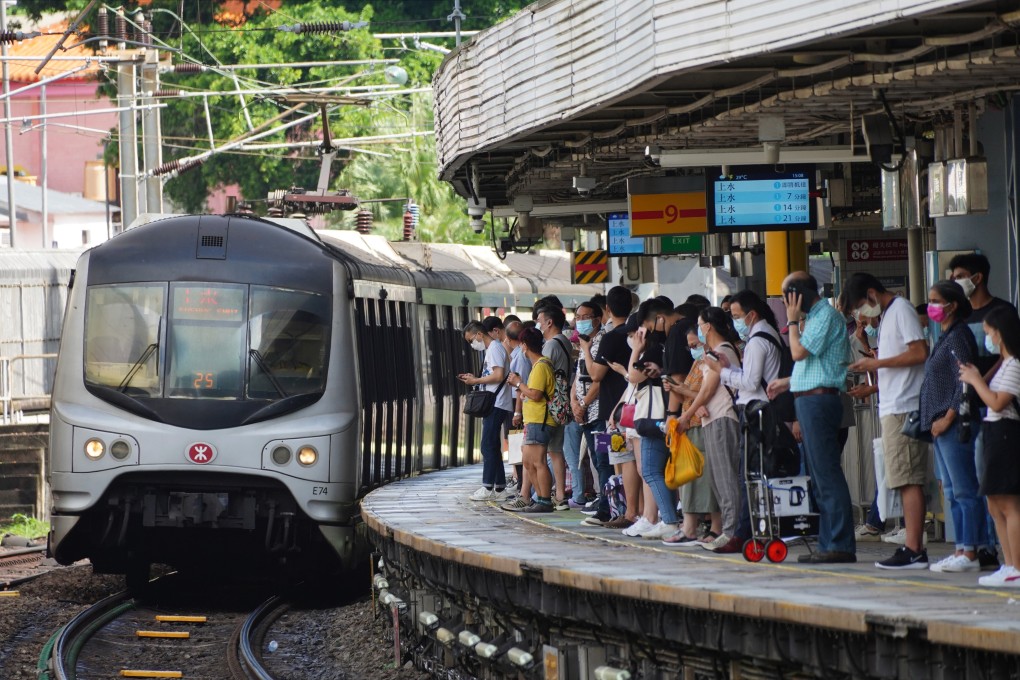Advertisement
Letters | 6 ways Hong Kong can be more racially inclusive
- Readers discuss how the city can be truly international, and why Western countries are wasting their energy
Reading Time:2 minutes
Why you can trust SCMP
11

Feel strongly about these letters, or any other aspects of the news? Share your views by emailing us your Letter to the Editor at [email protected] or filling in this Google form. Submissions should not exceed 400 words, and must include your full name and address, plus a phone number for verification.
March 21 marks the International Day for the Elimination of Racial Discrimination. Across the world, there have been discussions driven by the Black Lives Matter and Stop Asian Hate movements. There is recognition that more needs to be done to combat racism, because it is the right thing to do and because racism is bad for society and business.
However, Hong Kong has some way to go, with little discussion about the evils of racism.
Advertisement
Post-Covid, as Hong Kong reopens to the world – to tourists and talent – it is in our best interest to welcome people from around the world and ensure they feel welcome.
Excluding foreign domestic helpers, our ethnic minority population is growing fast and represents 4 per cent of the whole population; 86 per cent of ethnic minorities speak English as their usual spoken language or another language, they are a source of talent and they connect Hong Kong to the rest of the world.
Advertisement
Here are some practical tips for Hong Kong to be racially inclusive.
Advertisement
Select Voice
Select Speed
1.00x